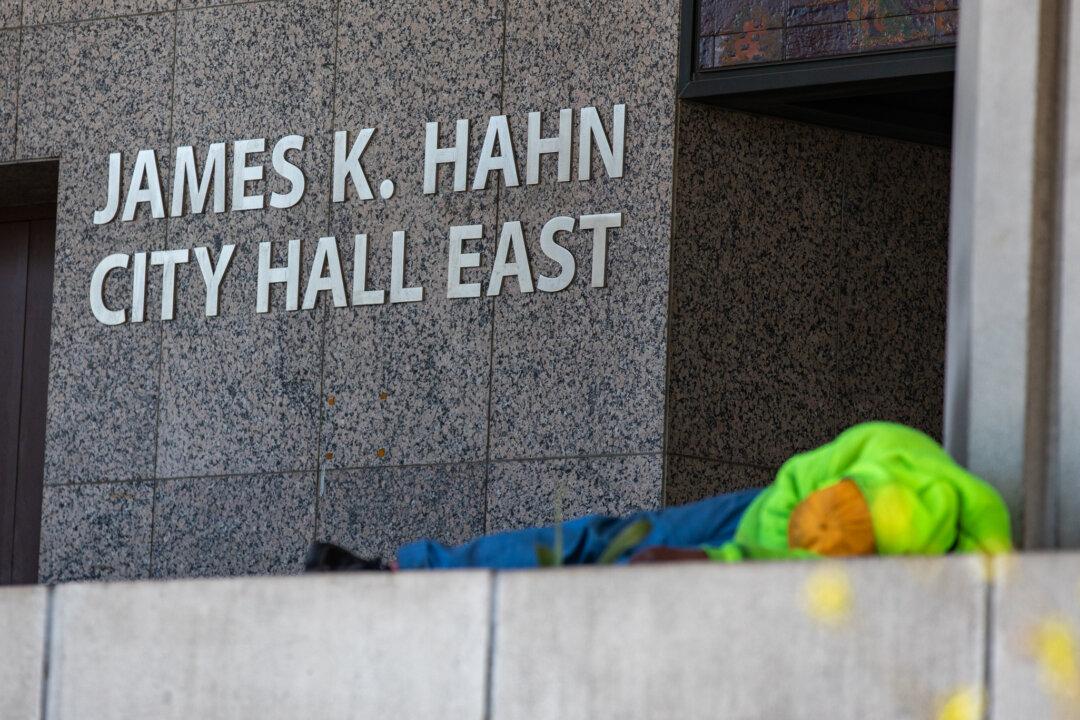LOS ANGELES—The Los Angeles City Council Dec. 12 approved a $15 million request to cover costs for the continuing maintenance and repair of 22 dilapidated buildings in the Skid Row area under a receivership.
About $14.5 million will cover repairs, debts owed to the receivership, and deficits due to low rent for more than 1,500 units and the buildings through the end of the fiscal year on June 30, according to city officials.





